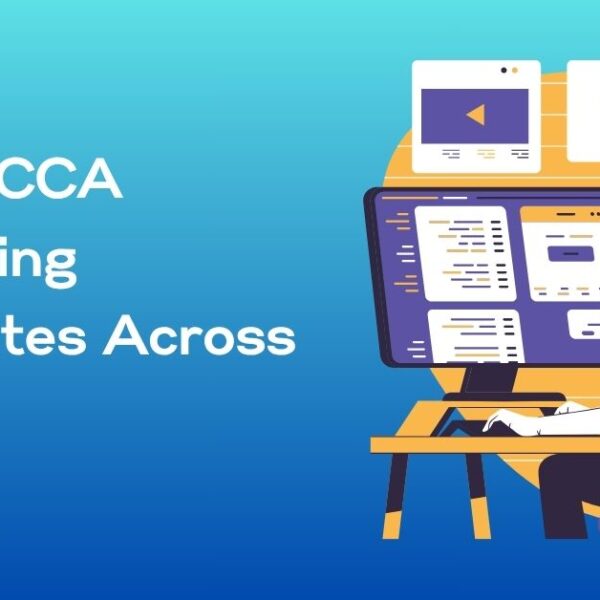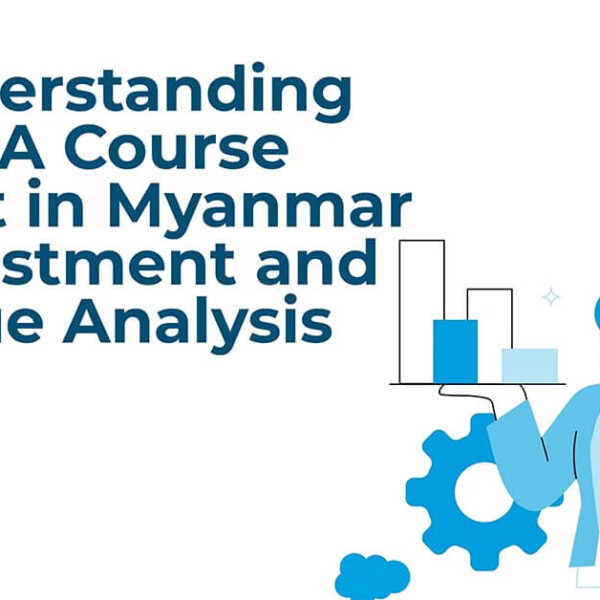For students considering a career in accounting and finance in Nepal, the debate between ACCA and traditional accounting degrees represents a significant decision. Both paths offer distinct advantages and career trajectories in Nepal’s evolving financial landscape. This comprehensive comparison will help aspiring accountants make an informed choice based on career goals, market demand, and earning potential.
The Education Journey: Structure and Recognition
Traditional Accounting Degrees in Nepal
Traditional accounting education in Nepal typically follows this structure:
- Four-year Bachelor’s degree in Business Studies (BBS) with accounting specialisation
- Two-year Master’s degree in Business Studies (MBS) or Master’s in Business Administration (MBA) with a finance concentration
- Offered by established universities like Tribhuvan University, Kathmandu University, and Pokhara University
These programs emphasise theoretical knowledge with some practical applications, often within a broader business context. They’re well-recognised within Nepal’s academic and public sectors.
ACCA Qualification Pathway
The ACCA qualification follows a different structure:
- Three levels: Applied Knowledge, Applied Skills, and Strategic Professional
- 13 examinations total (with potential exemptions based on prior education)
- Practical Experience Requirement (PER) of 36 months in a relevant role
- Ethics and Professional Skills module
This globally recognised qualification focuses specifically on accounting competencies with an international perspective. The ACCA scope in Nepal has expanded significantly in recent years, with increasing recognition from employers in both the private and public sectors.
Employment Opportunities: Who Hires Whom?
Traditional Degree Holders
Graduates with traditional accounting degrees often find opportunities in:
- Government and semi-government organisations
- Nepali corporations and family businesses
- Banking sector (particularly government banks)
- Educational institutions
- Public service commission positions
ACCA Qualified Professionals
The ACCA salary in Nepal tends to be higher than that of traditional degree holders, particularly in these sectors:
- Multinational corporations and international organisations
- “Big Four” and international accounting firms
- Private banking and financial institutions
- Management consulting firms
- Foreign aid agencies and NGOS
Salary Expectations and Growth Trajectory
Understanding the financial implications of your educational choice is crucial for career planning.
Traditional Degree Compensation
Entry-level positions for traditional accounting graduates in Nepal typically offer:
- Starting salaries between NPR 25,000-40,000 monthly
- Predictable increment structure based on years of service
- Job security, particularly in government sectors
- Standard benefits package is common in Nepali organisations
Mid-career professionals with traditional degrees and 8-10 years of experience can expect:
- Monthly salaries between NPR 60,000-120,000
- Management positions in domestic companies
- Additional benefits tied to seniority
ACCA Qualified Professional Earnings
ACCA-qualified professionals generally command higher compensation:
- Entry-level positions starting at NPR 50,000-80,000 monthly
- Rapid progression based on performance rather than just tenure
- Mid-career earnings between NPR 150,000-300,000 monthly
- Access to international salary scales in multinational companies
- Performance-based bonuses and benefits
The salary differential becomes more pronounced as careers progress, with senior ACCA professionals in leadership positions often earning significantly more than their traditionally educated counterparts.
Skills Development and Market Relevance
Traditional Education Focus
Traditional accounting degrees in Nepal typically emphasise:
- Nepali accounting standards and taxation systems
- Public sector accounting procedures
- Theoretical frameworks with an academic focus
- Broader business management principles
- Local regulatory environment
ACCA Curriculum Advantages
The ACCA qualification develops skills particularly valued in the evolving job market:
- International Financial Reporting Standards (IFRS)
- Global best practices in auditing and assurance
- Strategic business leadership and management
- Advanced financial management techniques
- Ethical professional practice
- Digital competencies and financial technologies
The international orientation of ACCA makes it particularly valuable as Nepal’s economy becomes increasingly integrated with global markets.
Career Flexibility and Mobility
Geographic Mobility
Traditional accounting degrees offer:
- Strong recognition within Nepal
- Limited international transferability
- Recognition primarily in South Asian academic contexts
ACCA qualification provides:
- Global recognition across 180+ countries
- International employment opportunities
- Transferable skills across different business environments
- Pathway to working in financial centres like Singapore, Dubai, and London
Career Switching Flexibility
The specialised nature of traditional accounting education can sometimes limit career mobility, whereas ACCA’s broader financial competencies facilitate transitions between:
- Different industries and sectors
- Various finance functions (audit, tax, advisory, etc.)
- Line management and finance leadership roles
- Entrepreneurial ventures and established organisations
Time Investment and Cost Considerations
Traditional Education Timeline
- 4 years for a bachelor’s degree
- An additional 2 years for a master’s degree
- Fixed academic calendar with limited flexibility
- Full-time commitment is typically required
ACCA Qualification Timeline
- Flexible study options allowing work-study balance
- Completion possible within 3-4 years (or longer if needed)
- Self-paced learning options are available
- Ability to pause and resume studies as needed
Cost Comparison
Traditional accounting education costs:
- University fees between NPR 400,000 and 800,000 total (depending on the institution)
- Fixed fee structure paid by semester
- Additional costs for textbooks and materials
ACCA course fees in Nepal typically include:
- Registration and annual subscription fees
- Examination fees for each paper
- Study materials and review courses
- Total investment between NPR 700,000-1,000,000, depending on study approach
While ACCA may have a higher upfront cost, the return on investment often comes in the form of higher earning potential and faster career progression.
The Hybrid Approach: Getting the Best of Both Worlds
Many successful finance professionals in Nepal now pursue a strategic combination:
- Completing a bachelor’s degree first for foundational knowledge
- Pursuing the ACCA qualification for international recognition and advanced skills
- Adding specialised certifications in areas like taxation or financial analysis
This approach combines local contextual understanding with global best practices, making candidates particularly valuable to employers.
Making Your Decision: Key Considerations
When choosing between traditional accounting education and the ACCA qualification, consider:
- Career Goals: Do you aspire to work internationally or remain in Nepal?
- Learning Style: Do you prefer structured academic learning or flexible professional education?
- Financial Resources: Can you afford the higher upfront costs of ACCA for long-term benefits?
- Time Flexibility: Do you need to earn while you learn?
- Specialisation Interests: Are you drawn to particular accounting specialities where one path excels?
Conclusion: Your Career Strategy
Both educational paths offer viable routes to successful accounting careers in Nepal. Traditional degrees provide solid foundations and local recognition, particularly valuable in government and traditional business sectors. Meanwhile, the ACCA qualification offers international mobility, higher earning potential, and advanced skills, particularly valued in the private sector and multinational organisations.
The optimal choice depends on your circumstances, career aspirations, and the specific sectors of Nepal’s economy where you hope to build your career. Many professionals find that combining elements of both educational approaches, perhaps starting with a traditional degree and later pursuing an ACCA qualification, provides the most comprehensive preparation for a successful financial career in Nepal’s increasingly global business environment.








